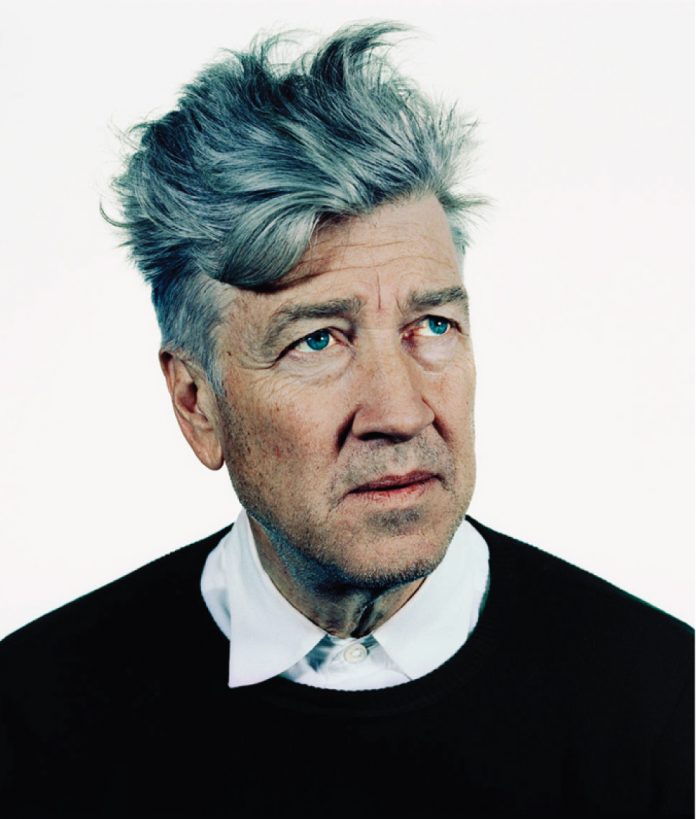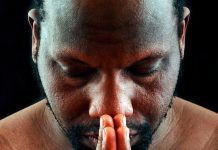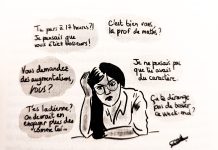David Lynch pense que trouver des idées ce serait comme aller à la pêche. Il faut s’armer de patience et être bien équipé. Le principal équipement du pêcheur ? Sa canne à pêche et son hameçon bien sûr!
David Lynch pense que notre désir est notre hameçon. Si l’on désire qqch l’on doit se concentrer à un point tel que cette chose devient vraie. C’est notre désir qui nous permet d’attraper les gros poissons… Les grandes idées pures, abstraites et puissantes.
The Power of Words
Le court métrage The Power of Words illustre le pouvoir des mots pour radicalement changer les choses. Pourquoi ces 9 mots marchent ? Ils jouent sur les émotions en mettant en évidence l’écart entre l’objectif (voir la belle journée) et la situation actuelle (je ne peux pas le voir) à travers les «yeux» du héros – les éléments classiques de la narration.
Alors si vous ne voulez pas pêcher les petits poissons (les petites idées faibles, drôles ou futiles) plongez !
David Lynch think it would come up with ideas like going fishing. We must be patient and be well equipped. The main equipment of the fisherman? His fishing rod and bait, of course!
In order to have some great ideas David Lynch think our desire is our hook. If you want sth we should focus to a point that thing becomes true. It is our desire that allows us to catch the big fish … Large pure ideas, abstract and powerful.
This great video reminds us that it’s not what you say that makes the biggest difference – it’s how you say it.
Take the power of words theory who illustrates how words can radically effect change. The goal is to tug at emotions by highlighting the gap between a goal (see the beautiful day) and the current situation (I can’t see it) through the “eyes” of the hero – the classic elements of storytelling.
So if you don’t want to fish small fish (small, weak, funny or trivial ideas) you gotta go deeper !





